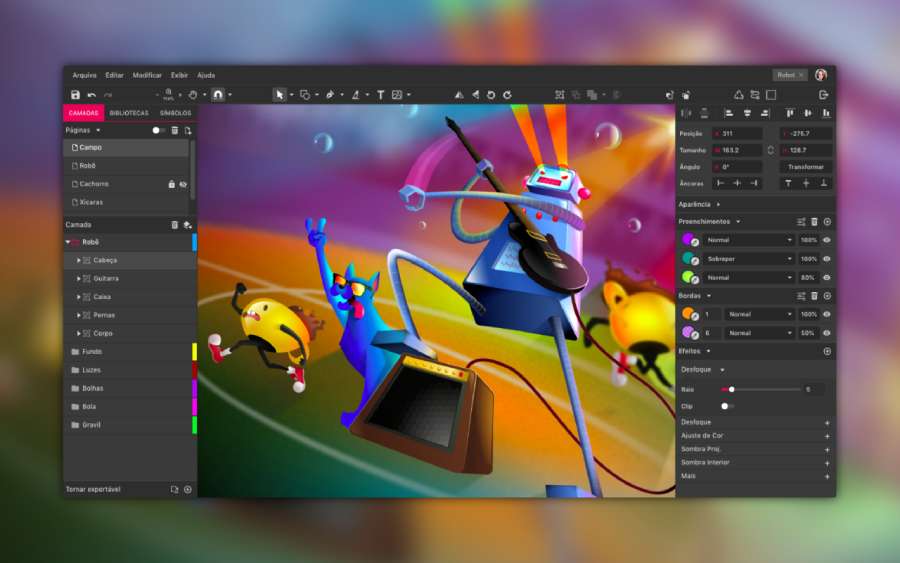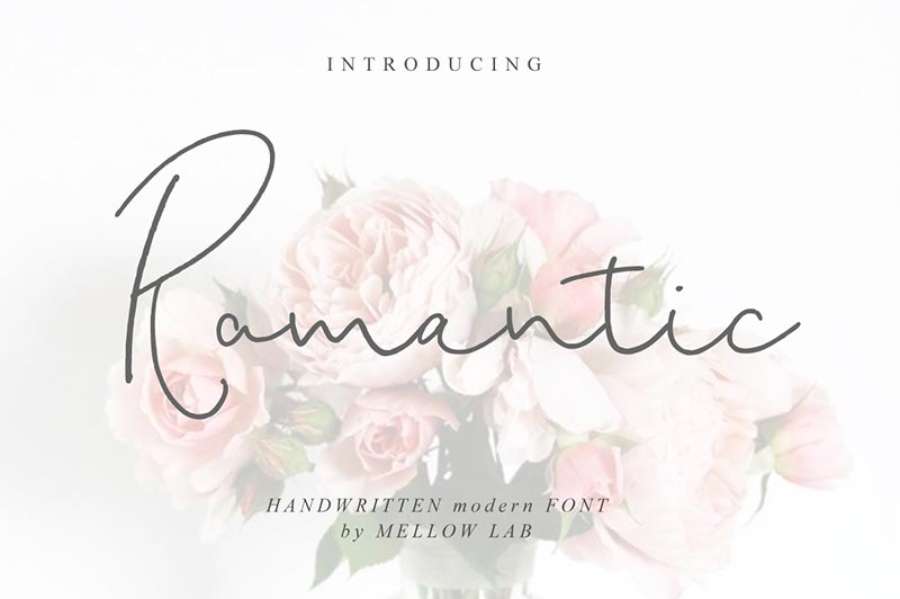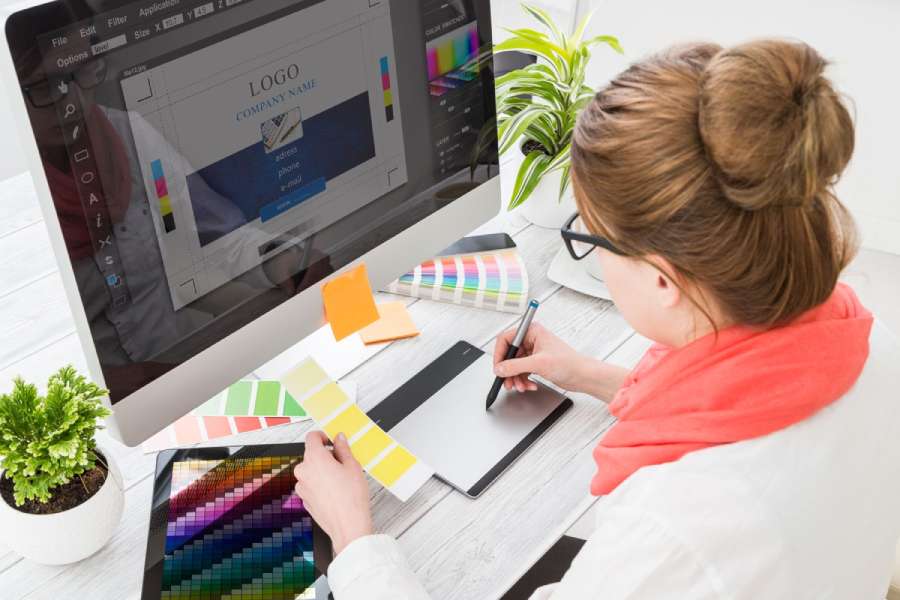Best Selling Products
Guide Designers on How to Generate More Creative Design Ideas
Nội dung
- 1. Why should designers improve their aesthetic thinking in design?
- 1.1. Create beautiful and impressive design products
- 1.2. Helps to express the message clearly and effectively
- 1.3. Create differentiation and brand recognition
- 1.4. Develop creativity and problem solving skills
- 1.5. Meet the needs of customers and users
- 1.6. Improve design evaluation and editing skills
- 1.7. Build reputation and develop career
- 2. Revealing Ways to Help Designers Have More Creative Ideas When Designing
- 2.1. Discover Inspiration From Design Tools
- 2.2. Research New Design Trends
- 2.3. Learn about other professions
- 2.4. Challenge Yourself With Personal Projects
- 2.5. Listen and Read More
- 2.6. Try Using Mind Mapping Method
- 2.7. Use Color and Image Subtly
- 2.8. Finding Errors and Limitations in Design
- Conclude
The design idea is not merely a drawing or an image, but a bridge between the creator's emotions and the customer's needs, between aesthetic vision and practical application.

In the world of graphic design, ideas are the soul of every creative product. A design idea is not simply a drawing or an image, but a bridge between the creator’s emotions and the customer’s needs, between aesthetic vision and practical application. Therefore, capturing and developing strong, unique design ideas is the key for designers to create works that are not only beautiful but also full of vitality and meaning.
1. Why should designers improve their aesthetic thinking in design?
Aesthetic thinking plays an extremely important role for any designer, regardless of whether they are a beginner or an experienced one. More than just the ability to appreciate the beauty of design products, aesthetic thinking also helps designers better understand how to combine elements such as images, colors, layouts, and typography in a harmonious and effective way. Below are the reasons why designers should improve and develop aesthetic thinking in their design work.
1.1. Create beautiful and impressive design products
Aesthetic thinking is the foundation of a beautiful and impressive design product. A beautiful design will not only attract attention but also help viewers easily identify the brand, message or product that the designer wants to convey. With good aesthetic thinking, the designer will know how to use colors, images and other design elements appropriately, creating an attractive and memorable final product.

@old
1.2. Helps to express the message clearly and effectively
Aesthetic thinking not only helps create a beautiful design but also helps designers convey messages clearly and easily. A good design product is not only impressive in terms of form, but also ensures the nature of the content. By understanding the correlation between elements such as images, typography and layout, designers can convey messages more easily and effectively, helping viewers grasp the idea quickly.
1.3. Create differentiation and brand recognition
A designer with a keen sense of aesthetics can create unique and recognizable designs. Especially in today’s competitive market, building and developing a strong, recognizable brand is extremely important. Aesthetics help designers create unique images, colors, and styles that help the brand stand out in the eyes of customers.
1.4. Develop creativity and problem solving skills
Aesthetic thinking not only helps designers improve their design skills but also promotes creativity and problem-solving abilities. With good aesthetic thinking, designers will easily create new and unique design solutions, thereby overcoming challenges at work. Aesthetics is not only limited to creating beautiful products but also includes the ability to analyze and solve problems creatively and effectively.
1.5. Meet the needs of customers and users
A designer with good aesthetic thinking will know how to understand and meet the needs of customers and users. To create a design product that is not only beautiful but also suitable for the target audience, the designer needs to carefully analyze the tastes and desires of the customer. When the aesthetic thinking is developed, the designer will know how to create designs that are accessible, easy to use and suitable for the customer, thereby increasing work efficiency and customer satisfaction.

1.6. Improve design evaluation and editing skills
The ability to evaluate and edit designs is an important factor in creating finished products. Aesthetic thinking helps designers to recognize the strengths and weaknesses of a design, thereby making appropriate adjustments. Improving aesthetic thinking helps designers to be more aware of factors such as proportion, balance, color combination and the use of space, thereby being able to edit the design to make it more complete and harmonious.
1.7. Build reputation and develop career
A designer with good aesthetic thinking will be highly valued in the creative industry. Employers and clients are always looking for designers who can create beautiful, creative and effective design products. By improving aesthetic thinking, designers will not only develop their design skills but also build their reputation in the industry, thereby opening up more career opportunities.
2. Revealing Ways to Help Designers Have More Creative Ideas When Designing
In the design profession, creativity is the core element that helps create unique and impressive products. However, sometimes designers may encounter a situation of "running out of ideas" or feeling stuck in the creative process. Lack of ideas not only disrupts work but also makes designers feel tired. So how to have more creative ideas when designing? Below are some ways to help designers find inspiration and promote their creativity.
2.1. Discover Inspiration From Design Tools
Design tools like Photoshop, Illustrator, Figma, or Canva are not only places to work on projects, but also sources of inspiration. Try them out to discover new features, ready-made templates, or interesting effects you haven’t tried yet. Sometimes, just changing a few parameters in a design tool can give your idea a new direction.

2.2. Research New Design Trends
One of the simplest yet most effective ways to find creative inspiration is to keep up with and research design trends. Websites like Behance, Dribbble, Pinterest, and Awwwards are great places to find inspiration from the world’s most popular designs. Looking at the work of other designers can help you identify new trends, creative uses of color, style, and layout. However, it’s important to stay fresh, not copy, but get inspired to create products that are your own.
2.3. Learn about other professions
Not limited to the field of graphic design, designers should learn and study from other professions to expand their creative scope. You can find inspiration in art, photography, fashion, or even architecture. Each field has different aesthetic principles and approaches to problems, which will help you break the limits of thinking and design thinking.
For example, famous artists, talented architects, or fashion designers can bring new creative perspectives that you can apply to your design work.
2.4. Challenge Yourself With Personal Projects
Working for a client can sometimes be restrictive, but creating personal projects gives you the freedom to experiment and explore new ideas. Set yourself challenges like designing a poster, a logo, or a website for a fictional product or event. The lack of boundaries allows you to experiment with new styles and ideas.
.jpg)
2.5. Listen and Read More
When designing, sometimes you need to look to the world around you for inspiration, and one of the simplest ways to do that is to read books, watch movies, or engage in conversations. Books about art, literature, philosophy, or science will broaden your horizons and bring you unique ideas. Movies or TV shows, especially those with beautiful design, can also give you new perspectives. Even listening to music or engaging in outdoor activities like walking or exercising can stimulate your creativity.
2.6. Try Using Mind Mapping Method
Mind Mapping is a method of organizing ideas that helps you develop connections between different ideas. When you are having trouble coming up with creative ideas, try using this method to create a mind map of the topic you are working on. Drawing a diagram helps you see the connections between ideas, which opens up creative directions you may not have thought of.
2.7. Use Color and Image Subtly
Sometimes, a new idea can be sparked by an unexpected combination of colors and images. Experimenting with new color palettes, combining unique images, or even creating a unique color filter can create interesting compositions. When you change the way you look at colors, images, and basic design elements, you will discover new ways to convey a message.

2.8. Finding Errors and Limitations in Design
One way to boost creativity is to try working with certain constraints. Instead of having complete freedom, try imposing some restrictions on size, color, or number of elements in your design. Sometimes, these constraints create space for you to find creative solutions that you might not have thought of.
@old
Conclude
Creativity doesn’t always come naturally, and sometimes designers need to find new ways to stimulate ideas. Methods such as seeking inspiration from different fields, experimenting with new tools, challenging yourself, or simply changing your perspective can help you develop and improve your creativity. It’s important to keep learning, exploring, and experimenting to find unique and creative ideas in each design project. Follow Sadesign to get support and learn more useful information.












































